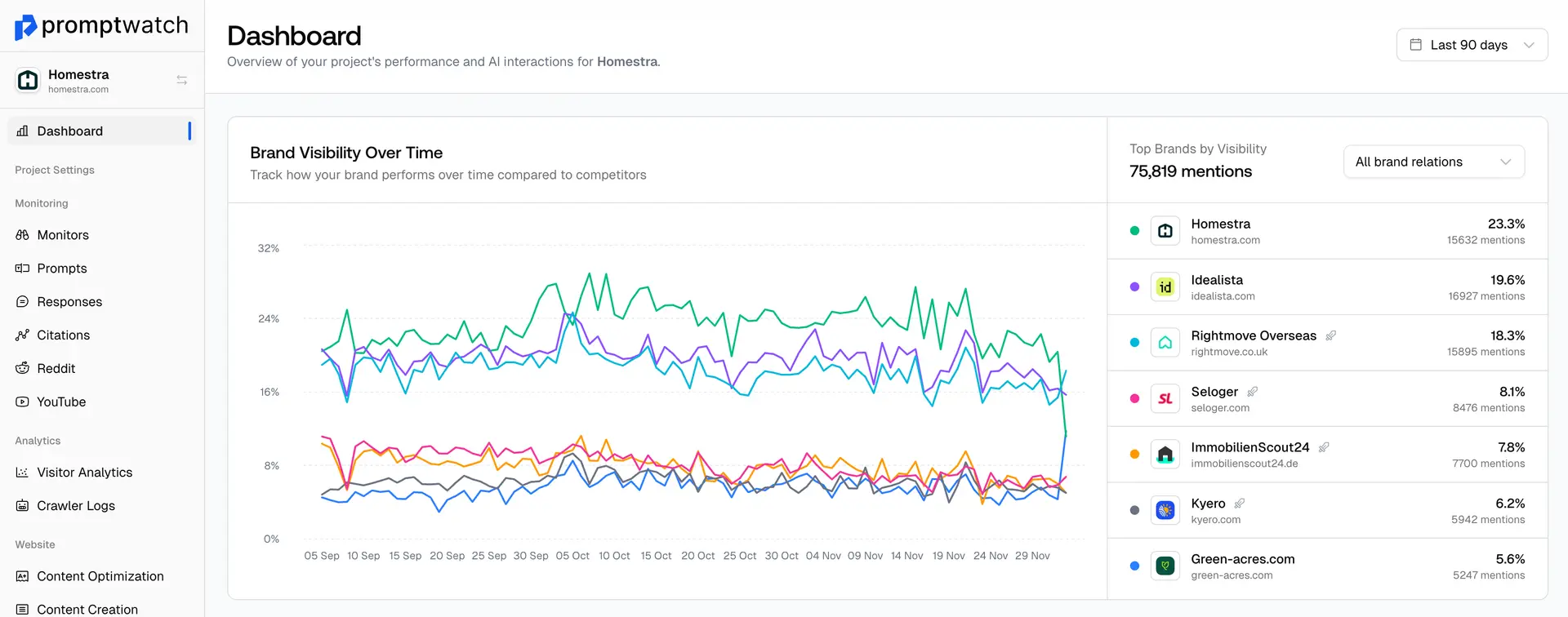Definition
AI-First Content Strategy is a comprehensive approach to content creation that prioritizes optimization for AI systems and platforms from the initial planning stages, rather than treating AI optimization as an afterthought. This strategic shift acknowledges that AI-powered search and discovery are becoming primary channels for content consumption and brand visibility.
Unlike traditional content strategies that focus primarily on human readers and search engine crawlers, AI-first strategies specifically target the algorithms, training data preferences, and citation behaviors of large language models. This approach requires understanding how AI systems process, evaluate, and reference content when generating responses.
Key principles of AI-first content strategy include creating comprehensive, authoritative content that AI systems can easily parse and cite, implementing structured data and semantic markup for better AI understanding, developing content clusters around topical expertise to build authority signals, optimizing for conversational queries and natural language patterns, including citation-worthy elements like statistics, expert quotes, and data, maintaining content freshness and accuracy for AI reliability, and designing content for both human readability and AI extraction.
AI-first content differs from traditional content in its structure, formatting, and optimization targets. It emphasizes clear hierarchies, scannable formats, factual accuracy, and elements that AI systems find valuable for citation purposes. This includes FAQ sections, statistical data, expert insights, and comprehensive topic coverage.
Implementing an AI-first content strategy requires understanding the preferences of different AI platforms, monitoring AI responses and citations, testing content performance across various AI systems, and continuously adapting to changes in AI algorithms and capabilities.
This strategic approach positions businesses for success in an AI-driven future where content discovery and recommendation increasingly happen through AI intermediaries rather than direct search or social media discovery.
Examples of AI-First Content Strategy
- A B2B software company restructuring their blog content with AI-first principles, including more statistical data and expert quotes
- A healthcare organization developing AI-first content that includes structured medical information optimized for AI citation
- A financial advisory firm creating AI-first educational content designed to be referenced in AI-generated financial guidance
